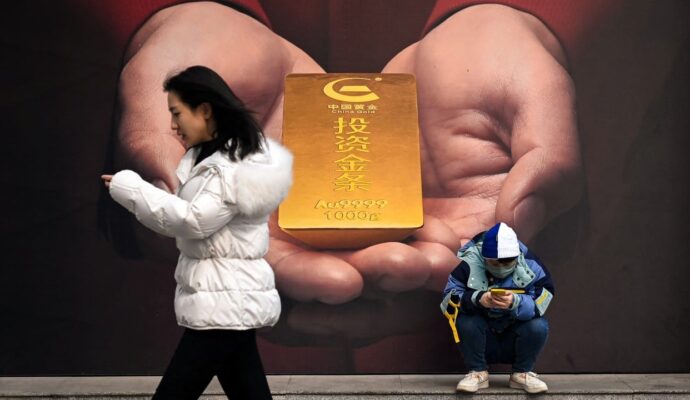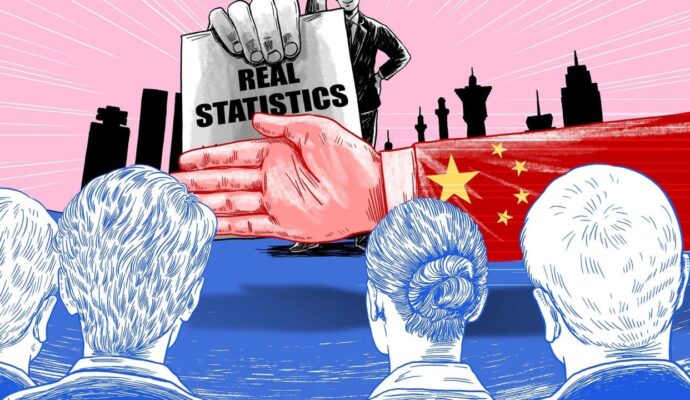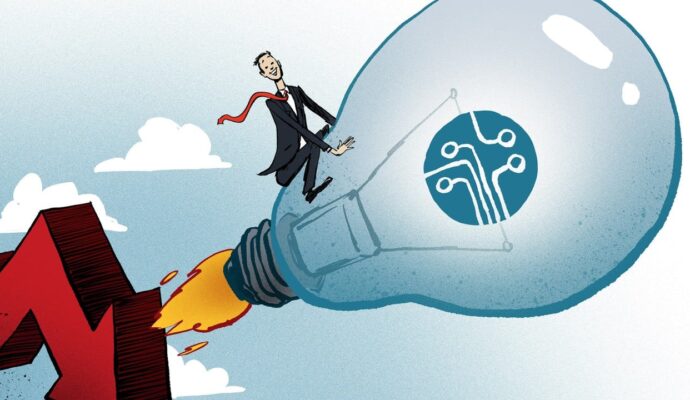In a phone call on Sunday, Foreign Minister Wang Yi told Borrell that “China welcomes” the EU diplomat and his delegation “to visit and have a strategic dialogue this autumn to prepare for the [bilateral] leaders summit through extensive and deep exchanges”.
The annual strategic dialogue is a necessary precursor to the EU-China summit, which is supposed to happen before the end of the year.
According to the Chinese foreign ministry, Borrell said he looked “forward to visiting China and carrying out strategic dialogues as soon as possible to prepare for the EU-China leaders summit”.
During the phone call, Wang said China had always been “optimistic about promoting relations with the EU and highly valued the meetings between Chinese and European leaders that were planned in the year”.
“We look forward to the summit, which would lead the way of China-EU relations and bilateral cooperation strategically,” he said.
Advertisement
The war in Ukraine and the military coup in Niger were also among the issues discussed by the pair, according to the Chinese foreign ministry.
The South China Morning Post reported last month that Borrell had “tentatively” agreed to visit China in October, after meeting Wang on the sidelines of an Asean meeting in Jakarta.
Wang was standing in for his predecessor, who was said to be unable to attend because of unspecified health reasons. After weeks of speculation, Qin was dismissed from the role two weeks ago.
In his phone call with Borrell, Wang maintained Qin’s appeals for closer China-EU relations – a focus of China’s foreign policy amid growing pressure from the US and moves by Brussels to reduce European dependency on the Chinese economy.
Advertisement
Wang said China was seeking more “dialogue mechanisms” to make up for the reduced exchanges between Beijing and Brussels during the pandemic and “inject new and strong force” into their relations.
EU foreign affairs chief Josep Borrell eyes October trip to China
EU foreign affairs chief Josep Borrell eyes October trip to China
Qin visited Europe several times during his term to lobby against the bloc’s “de-risking” strategy, which he warned could become a “de-Sinicisation” of the continent.
Advertisement
While there has been progress in ties, with visits to Beijing by leaders of main EU trading partners like France and Germany, the EU member states last month reasserted their plan to reduce critical dependencies and vulnerabilities with China, especially in supply chains.
And in June, Berlin released its inaugural China strategy, which included the intention to de-risk Germany’s ties with the world’s second-largest economy.
Germany’s new China strategy shifts to de-risking
Germany’s new China strategy shifts to de-risking
According to previous reports, Borrell intended to engage on “all issues” with Beijing during his cancelled July visit, including “partnership”, “competition” and “systemic rivalry”.
Advertisement
He had also been expected to discuss “strategic issues”, including human rights and Russia’s invasion of Ukraine with Qin and other senior officials.
In an interview with Bloomberg in July, Borrell said he had “all assurance” that the postponed meeting would take place this year, before the next EU-China summit, with the aim of visiting China in the autumn.
Advertisement



